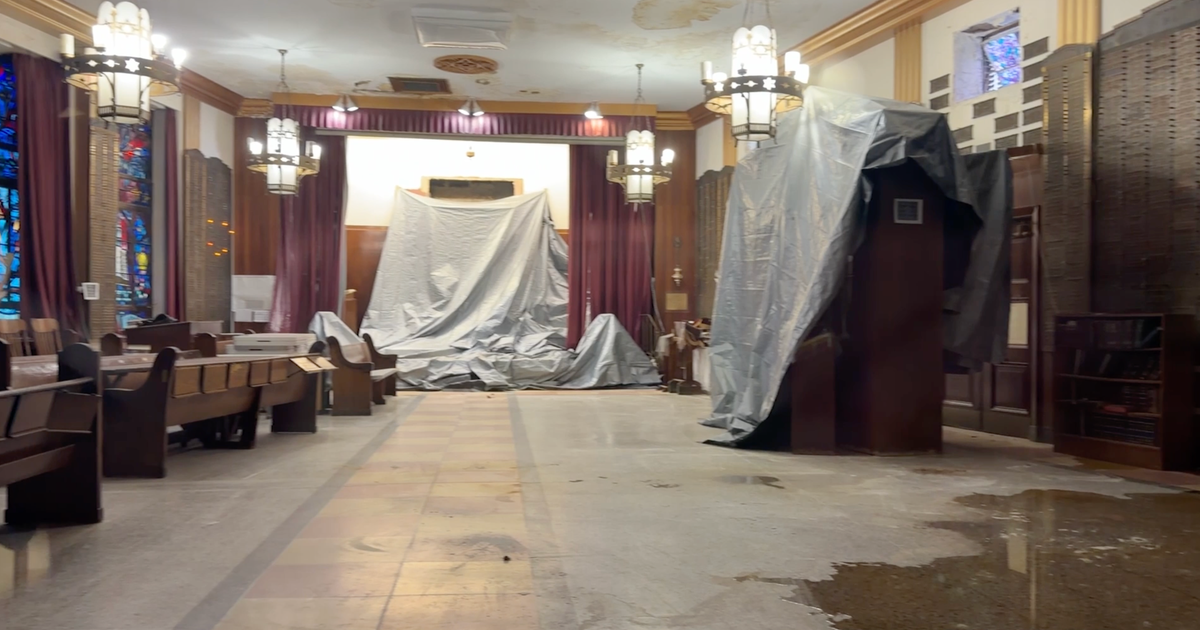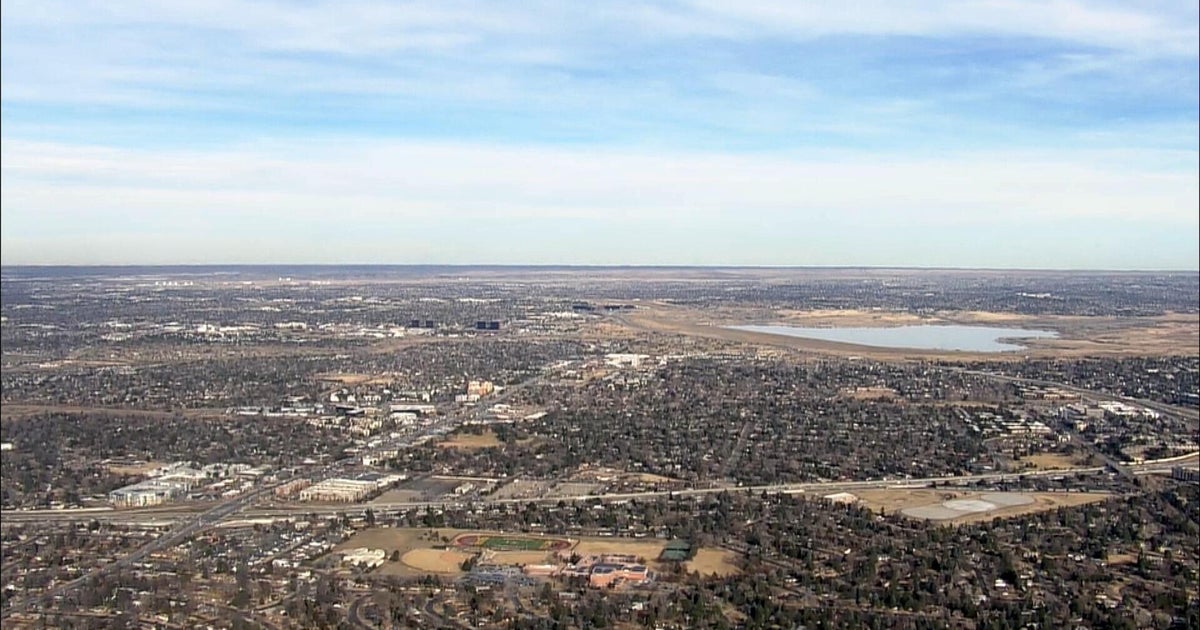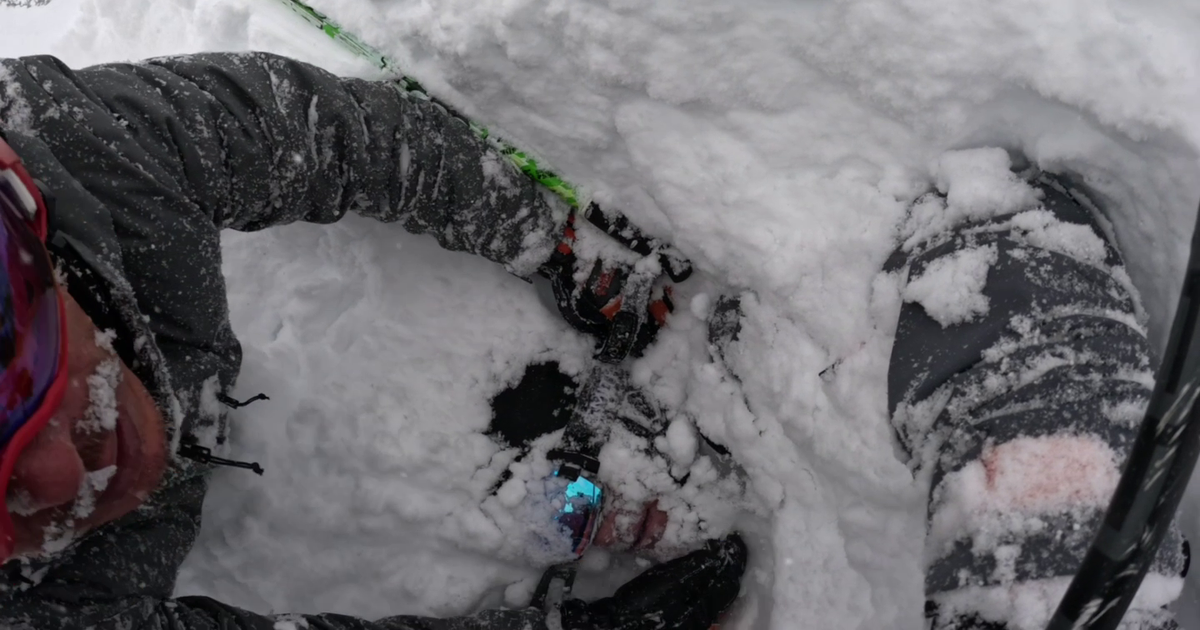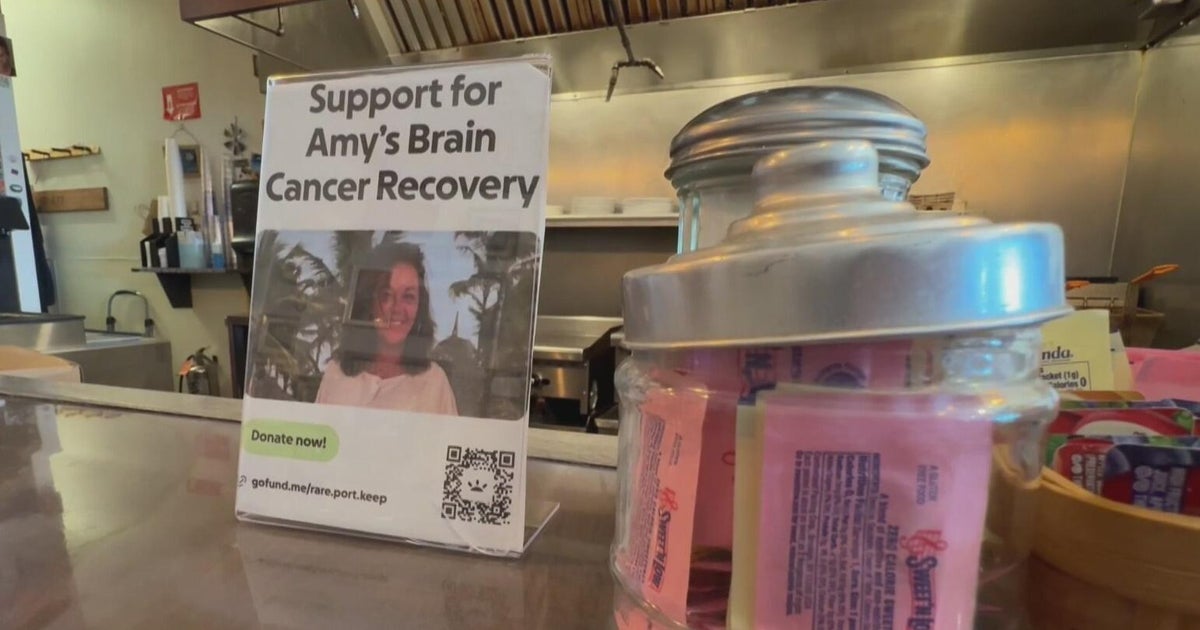"Global Community: Protecting Our Planet" searches for solutions to drying climate
NEW YORK - Water makes up 70% of our planet, but the resource that feeds life seems to grow scarcer each day. As the climate crisis dries up our environments, conservation efforts across the globe can impact us all.
Foraging and forging paths through the forests of northern Tanzania's Tarangire National Park, experts search for the ultimate source of survival.
"They know exactly when we dig, we get water, how far water is, then they dig," explained Otto Mlanda, a safari guide with Gecko Adventure.
Mlanda has been tracking the park's herds for two decades. Led by maternal elders, elephant families follow maps from memory to find an increasingly scarce resource.
"The past two years, two seasons were not that good, but the last one was very bad," Mlanda said.
Many animals, like the hippo, rely on naturally-occurring shallow pools to stay hydrated and keep cool during the heat, but with less rain coming to Tanzania, there's a fight to find space. Limited locations bring together even seeming enemies, with crocodiles seen creeping as close as they can to the water's edge.
"When it's flowing down, it gives life," Otto observed.
During the dry season, teams conduct controlled burns to prevent wildfires in the vast grasses of the Serengeti. No other man-made measures protect wildlife with a thirst to survive.
Rain brings relief, turning rivulets into rivers that nourish the land and lives to thrive. There is one place in Tanzania where water always stays, the Ngorogoro Crater.
Morning in the mountains, you can see the trees releasing water vapor. The mist gives way to reveal one of the most idyllic animal sanctuaries on the planet. The ancient volcanic caldera cradles a year-round supply for animals to enjoy. Most will never leave the mountain in their lifetime, but even there, dry scars across the earth mark where water once ran.
The need is mirrored in New York City, where winter snow totals fell two feet short of average this year. At the American Museum of Natural History, Dr. Ana Luz Porzecanski directs the Center for Biodiversity and Conservation.
"The last 50 years," she said, "we have caused really an unprecedented decline in biodiversity."
While wildlife relies on water flowing naturally, the United Nations steps in to help the Tanzanian government achieve sustainable development for tribes when the supply runs dry. UN Resident Coordinator Zlatan Milisic oversees efforts important for the entire country.
"Some 60 percent of the population grow food directly, and another 20 percent of their livelihoods are connected to food," Milisic explained.
The partnership recently produced new running water latrines to prevent the spread of disease among school children.
"There is this fine balance in any country between how do you progress in economic terms, while at the same time kind of leaving no one behind," said Milisic.
Mother Nature knows no boundaries. A sustainable society for the future involves us all. The UN hosted its Water Conference in March to brainstorm more solutions.
"Humans need not only the water itself, but the ecosystems that keep that water usable and recycling it all the time," said Porzecanski. "We need those to survive, even in the cities."
Reflect on the depths of our most powerful resource.
Join Jessi on her journey to explore Tanzania's conservation efforts in a special called "Protecting Our Planet: A Global Community." Click here to watch.
Have a story idea or tip in Harlem? Email Jessi by CLICKING HERE.








